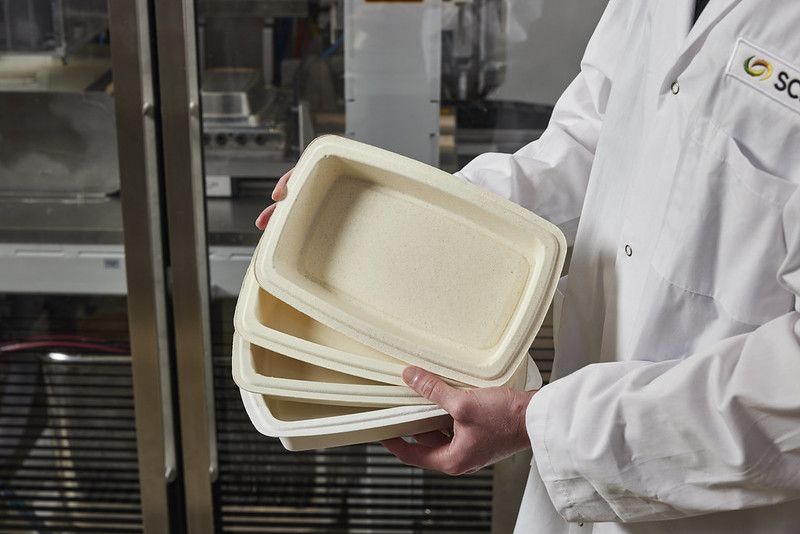Scion involvement in national food safety centre highlights packaging innovation

Scion has officially joined the New Zealand Food Safety Science & Research Centre (NZFSSRC), strengthening the connection between innovative packaging science and national food safety efforts.
The NZFSSRC, established in 2016 under contract to the Ministry of Business, Innovation and Employment (MBIE), recently entered its second phase following a new funding agreement between Massey University and the Ministry for Primary Industries (MPI) – NZ Food Safety.
The centre is a hub of collaboration among government agencies, iwi, research institutions and industry, to collectively address Aotearoa New Zealand’s most pressing food safety challenges.
Scion’s appointment to the NZFSSRC Science Leadership Team through Kate Parker, packaging research team leader, brings packaging into sharper focus as a key component of food safety science. “I’m excited to connect with industry through this role - understanding their challenges and working together to solve them,” Kate says. “At the same time, I want to raise awareness about the real packaging challenges we’re facing.”
Kate’s expertise and industry perspective highlight the growing need to move toward a circular economy, while recognising replacing traditional plastic food packaging presents complex, sector-specific challenges. “Everyone wants sustainable packaging, but we have to look at the full picture,” she says. “Exporting into different markets means different regulatory requirements. It’s about switching out plastic but also making sure the materials are fit for purpose, meet compliance and align with consumer expectations.”
Scion’s strong industry connections and advanced research capabilities now play a direct role in advancing the Centre’s national mission. Its packaging team is working closely with businesses to explore and develop future-fit materials that prioritise safety and sustainability – while also acknowledging scalable alternatives to conventional plastics are still emerging.
“Scion’s involvement with NZFSSRC strengthens those ties with industry,” Kate says. “It’s about making sure packaging has a seat at the food safety table.”
NZFSSRC director Libby Harrison says the centre’s second phase marks a significant evolution in scope and ambition. “Packaging is becoming an increasing concern for our food industry partners. Phase two of the centre is about strengthening food safety science, enhancing sector-wide collaboration and building capability. Having Scion on board brings essential expertise to the table.”
Kate says this shift reflects a broader perspective that considers the whole food safety picture, not just isolated risks. “Historically, food safety focused on contamination – microbes and spoilage. But now we’re recognising packaging plays a direct role in maintaining quality, extending shelf life and protecting public health, especially in a country such as New Zealand where food travels long distances.
“Scion is pioneering sustainable packaging solutions through biotechnology and advanced manufacturing, including the development of bioplastics and biodegradable materials from waste resources such as hemp, blueberry pulp and cabbage leaves.”
With Scion now collaborating alongside AgResearch, Cawthron Institute, ESR, Lincoln University, Massey University, Plant & Food Research, the University of Auckland and the University of Otago, the inclusion of packaging science underscores the NZFSSRC’s commitment to a more integrated, future-focused food safety strategy.
“It’s exciting,” Kate says. “Because it means we’re thinking bigger. And better.”
